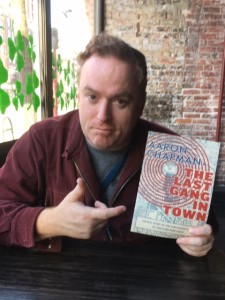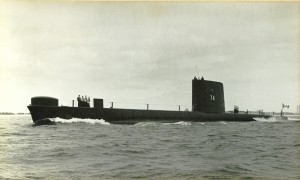 This interview of Aaron Chapman was conducted in a secret location after months of negotiations with the wily subject. He’s a hard man to pin down, but an easy interview. He is currently scouting the battlefields of Europe.
This interview of Aaron Chapman was conducted in a secret location after months of negotiations with the wily subject. He’s a hard man to pin down, but an easy interview. He is currently scouting the battlefields of Europe.
RWM: What’s your date of birth, Aaron?




